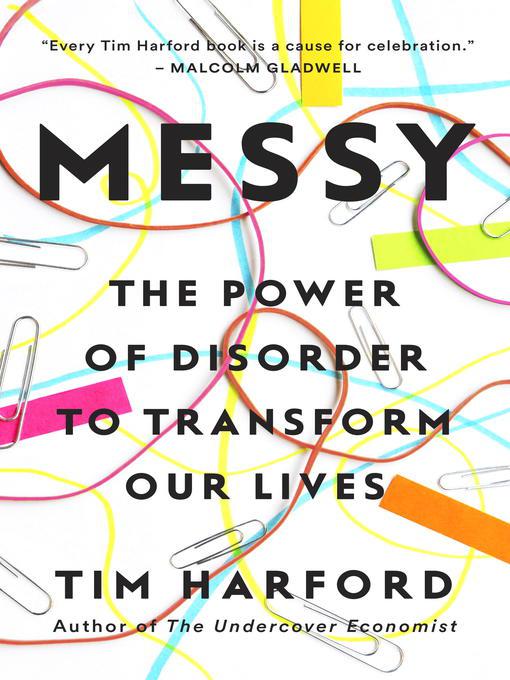
If Messy had a motto, it might be, "The first casualty of any battle is the plan of attack": that is, doing big, hard complicated things involves rethinking on the fly, changing and adapting (no coincidence that Harford's 2011 book was called Adapt), and that the time you spend making sure you've thought of all the contingencies is often better spent planning for graceful failure, regrouping and improvisation.
From Brian Eno's Oblique Strategies — a deck of chaos-monkey cards that make you do your work under often irrational constraints — to the architecture of MIT's infamous, crumbling, awful Building 20, home to many of the key inventions of the past century, Harford sings the praises of hanging loose, late-binding, de-optimizing, and flexibility.
Critically, Harford translates these stories into practical advice, much of it reminiscent of the excellent Algorithms to Live By, which teased life advice out of the things that computer scientists have learned from measuring which approaches arrive at the best solutions most often. For example, Harford counsels you to abandon filing in favor of a giant pile of chronological papers — when you pull a paper out of the stack you return it to the top of the pile, so that the least-used materials gradually sift to the bottom to be archived or shredded. This is straight out of computer science, one of the most common caching techniques.
Harford doesn't propose that chaos is comforting or easy, though. We prefer order and control to disorganization for many good reasons, and though working with people you dislike, in noisy environments where you are irritated by the leaked conversations from the next desk is stressful and terrible, it also produces positive, creative outcomes that orderly and well-sorted systems just can't match.
The virtues of chaos stretch from architecture and city planning (c.f. Jane Jacobs and The Death and Life of Great American Cities) to parenting and evaluating educational outcomes.
I had encountered many of the ideas in this book before, but Harford pulls them together into a coherent narrative that helped me understand the relationship between disparate ideas, from OODA loops to informal pickup sports games, where kids learn that they have to continuously rebalance the teams and rules so that the game is fun for everyone, lest the left-out simply wander away and leave them without sufficient bodies to play the game.
The plural of anaecdote is not fact, and there's always a risk that good storytelling can gloss over factual or logical inconsistencies, but Harford is an honest broker here, continuing the tradition of his essential radio program about statistical literacy in rigorously documenting his own uncertainties, signposting his own doubts, and footnoting his references.
To get a sense of how this reads, check out this long excerpt from the book on The Guardian. You won't be disappointed.
Messy: The Power of Disorder to Transform Our Lives [Tim Harford/Riverhead Books]






